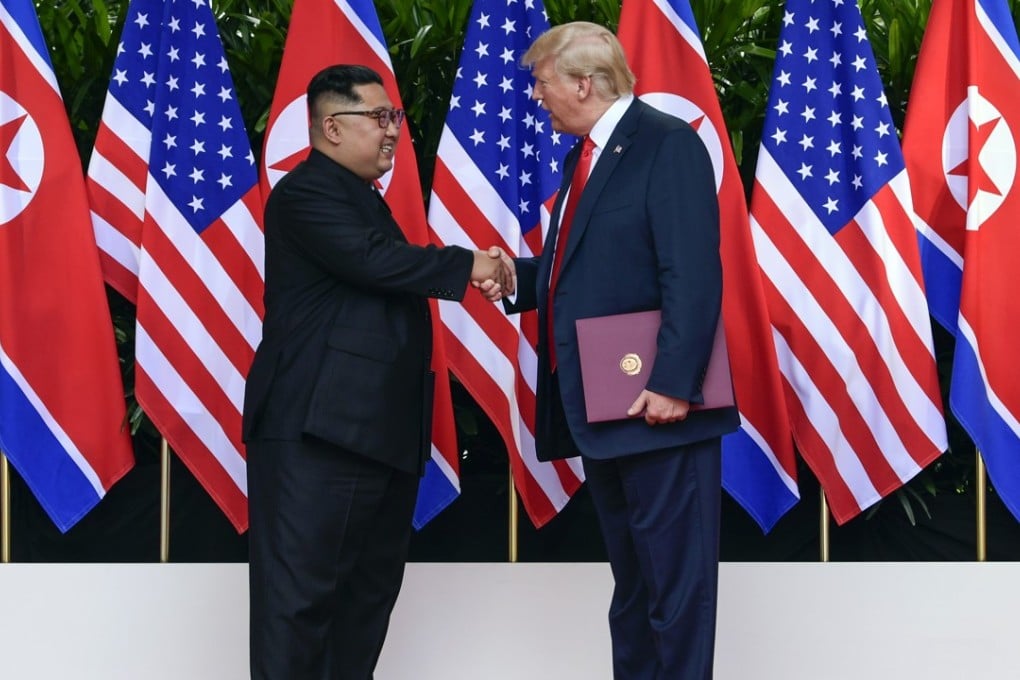Opinion | Donald Trump can make the deal of the century with Kim Jong-un – if he offers North Korea a blueprint to a ‘brighter future’
- Chan Young Bang says the US lacks a strategy that accounts for the goals of all stakeholders on the peninsula and Kim Jong-un’s desire for regime stability
- Sanctions and diplomatic pressure should be supplemented by the promise of an economic development fund, infrastructural support and security guarantees

When reading most commentaries on North Korea over the past few months, one might be convinced that the world sits at a historic juncture for the Korean peninsula. Against this prevalent, though moderate, optimism, I argue that the moment is crucial — but for reasons currently ignored by the sea of mainstream analyses and op-eds.
To date, there is no indication that either the US or South Korea possess a coherent, tangible plan to deliver on this promise, let alone a strategy that can be shared by all the stakeholders – China, Russia and Japan – whose support is essential, as no single actor possesses all the necessary sticks and carrots to persuade North Korea to denuclearise.
Watch: Korean leaders pledge to ‘end the history of tragic conflict’
Why should Kim embrace a strategy which provides neither a viable survival plan for the regime nor a road map to economic prosperity for the nation?
The current US approach, as summarised by Pompeo, offers North Korea nothing valuable; it simply stipulates that a poor, unstable and nuclear-armed state should be disarmed — but then what? Why should Kim embrace a strategy which provides neither a viable survival plan for the regime nor a road map to economic prosperity for the nation?
